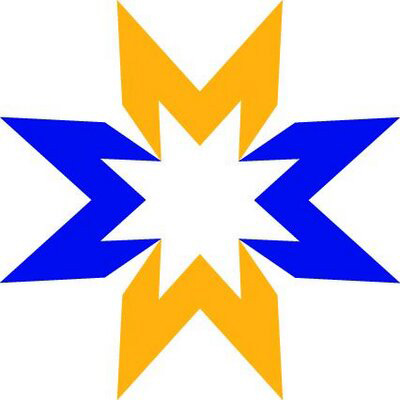When you know yourself, you can plan your career and education based on what's important to you: your interests, abilities, values and experiences.
There was an error. Please try again.
This page is already listed in your guide. Please choose a different page to add.
Bachelor of Education Secondary

St. Mary's University
www.stmu.ca
Enrolment Services Office
14500 Bannister Road S.E.
Calgary, Alberta, T2X1Z4, Canada
-
Program Type Bachelor's
-
Credential Type Degree
-
Length 2 Years
- Part Time Only
- Cooperative Education
- Continuing Education
- Distance Learning
Applicants to the Bachelor of Education (Secondary) after-degree program must have completed a 4-year Bachelor’s degree from a recognized post-secondary institution. Admission to the BEd Secondary program is competitive.
Academic Records
- Applicants must achieve a minimum 2.5 GPA (calculated from the most recently attempted 30 credits) to be considered for admission.
- GPA for early conditional admission is calculated from grades available at time of application.
- GPA for full admission is calculated from the final grades.
- All degree requirements must be completed by the Winter semester preceding the Fall intake.
- First degree must include 2 courses in Literature and Composition (English or French).
- First degree must have either a major concentration in a teaching subject or an appropriate range of courses in a teaching subject, as outlined below for teachable subject areas.
- Specific Teachable Subject Area criteria includes:
- English Language Arts
Bachelor of Arts degree with a major in English OR a Bachelor’s degree with a different major that includes four courses (12 credits) in English and 12 credits in two different Humanities areas. Examples of Humanities courses include the following: Art History, Classical Studies, Drama, Language Courses, Indigenous Studies, Linguistics, Music, Philosophy, Religious Studies, and Writing. - Social Studies
Bachelor of Arts degree with a major in Anthropology, Economics, History, Geography, Political Sciences or Sociology OR a Bachelor’s degree with a different major that includes four courses (12 credits) in History and 12 credits in two different Social Science areas. Examples of Social Science courses include the following: Accounting, Economics, Family Studies, Geography, History, Management Studies, Political Studies, Psychology, and Sociology. When comparing applicants with the same admissions score, applicants with a stronger background in Anthropology, Economics, History, Geography, Political Sciences or Sociology have a greater likelihood of being admitted. - Mathematics
Bachelor of Arts or Bachelor of Science degree in Engineering, Computing Sciences, or Mathematics OR a Bachelor’s degree with a different major that includes four courses (12 credits) in Mathematics/Statistics and 12 credits in two different Science areas. Examples of Science courses include the following: Astronomy, Biochemistry, Biology, Chemistry, Physics, Science, and Computer Science. - Sciences
Bachelor of Science degree OR eight courses (24 credits) in General Sciences from three areas, including four courses (12 credits) in Biology, Chemistry, Physics, or Physical Geography.
For more information, please contact: visitus@stmu.ca
Fall applications open October 1.
This program is eligible for full-time post-secondary assistance by Alberta Student Aid for the funding year 2025/08/01 to 2026/07/31*.
-
Tuition $11,700.00 Year One
-
Books/Supplies/Instruments $2,000.00 Year One
-
Mandatory Fees $1,613.00 Year One
* Tuition, books, supplies, instruments, and other/mandatory fees are provided to Alberta Student Aid and may be used when processing full-time post-secondary funding applications. The educational costs provided are based on a 100% full-course load and may not reflect current or all educational costs charged by the school. Contact the school to obtain accurate educational cost information.
Search Transfer Alberta for course and program transfer information including transfer agreements between post-secondary schools in Alberta, British Columbia, Northwest Territories, Nunavut and Yukon.
Transfer(s) available outside of Transfer Alberta: Not available
Updated September 16, 2024. The information contained in this profile is current as of the date shown.
Educational program information is provided as an introduction and for general reference. For current information about programs and school requirements or policies, check the school calendar, visit their website or contact the school directly.
The Government of Alberta is working in partnership with the Government of Canada to provide employment support programs and services.

